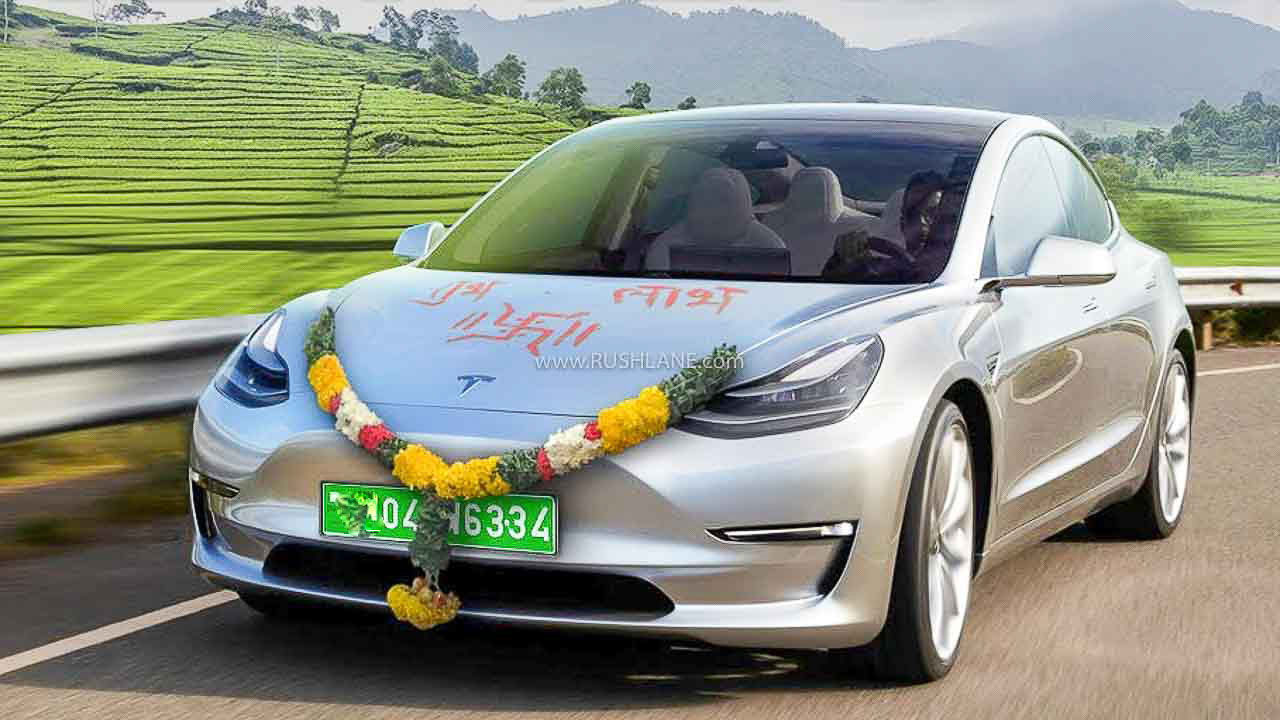
Powering Production: India’s EV Policy and Manufacturing Requirements
The Union Government’s E-Vehicle Policy in India could be a pivotal step towards transforming the automotive industry. This regulatory framework outlines stringent yet strategic measures. This is aimed at fostering the growth of electric vehicle (EV) manufacturing (in the years to come) within the country.
One of the policy’s key features is the stipulation of a minimum investment requirement of Rs 4,150 Cr, while also eliminating any maximum investment limit. This provision encourages substantial capital infusion into the EV sector. Which of course is essential for establishing robust manufacturing facilities and infrastructure.
India’s Electric Vehicle Policy Mandates
The policy mandates that manufacturing facilities must be operational within three years. Commercial production should be commencing within the same timeframe. Dedicated timelines highlight efforts at expediting the adoption and proliferation of EVs. Domestic Value Addition (DVA) emerges as another crucial aspect of the policy putting focus on the need for indigenous production. DVA targets are set at 25 percent by the 3rd year, and 50 percent by the 5th year.
India’s Electric Vehicle Policy – Emission Mission
The policy imposes 15 percent custom duty on vehicles with a CIF value exceeding USD 35,000 (About Rs 30 lakhs pre duty + tax) for a duration of five years. Additionally, it outlines provisions for limited imports, capping the maximum number of permissible imports at 40,000 EVs. Annual import numbers should not be exceeding 8,000 units.
To ensure commitment and compliance, investors are required to furnish bank guarantees, serving as a financial security mechanism. Failure to meet DVA and investment criteria may lead to the invocation of these bank guarantees. Thereby reinforcing accountability and adherence to the policy’s mandates.
The latest announcement sets forth a comprehensive roadmap for the sustainable development of the Indian automotive industry. By striking a balance between regulatory measures and incentivising investments, it aims to propel India towards a cleaner, greener, and more technologically advanced future. To make progress, the policy needs to lay strong emphasis on fostering innovation and technological advancement within the EV sector. By encouraging research and development initiatives, one can hope for cost efficient EVs that fit into people’s purchase plans.
Domestic Dynamo: Policy Looks To Energise Industry
As it stands, the policy serves as a catalyst for job creation and skill development in the automotive sector. Establishment of manufacturing facilities and the subsequent increase in production volumes will generate employment opportunities. This would be across various skill levels, from assembly line workers to engineers specialising in electric vehicle technology.
Developing the E-Vehicle Policy aligns with India’s broader economic and environmental objectives. As a signatory to international agreements, India is committed to reducing its carbon footprint, and transitioning towards more sustainable forms of transportation. The promotion of electric vehicles through this policy is aimed at achieving these targets. This is based on global dialogues that view EVs as inherently cleaner while producing fewer emissions compared to traditional internal combustion engine vehicles.

